Recognising the pressing need to tackle air pollution, the Mayors of the municipalities signing the Declaration of the Clean Air Regions Initiative decided jointly to strive to
- develop, adopt and maintain Local Air Quality Action Plans with ambitious local air quality targets, policies and measures;
- support and actively contribute to the achievement of the aims of the Clean Air Regions Initiative;
- share experiences and learn about other regions’ and municipalities’ progress and achievements by actively participating in the Secretariat's events.
Nine Western Balkans municipalities launched the Clean Air Regions Initiative (CARI) at the first Energy Community Just Transition Forum in June 2021. Three further municipalities joined the Initiative at a later stage.
The Initiative is open-ended and municipalities that identify with its goals have the possibility to join upon their own motion. Currently, the second phase of the Initiative is underway, focusing on the identification and implementation of measure to reduce air pollution in participating municipalities.
Signatory municipalities
| Lukavac municipality, Bosnia and Herzegovina | ||
|---|---|---|
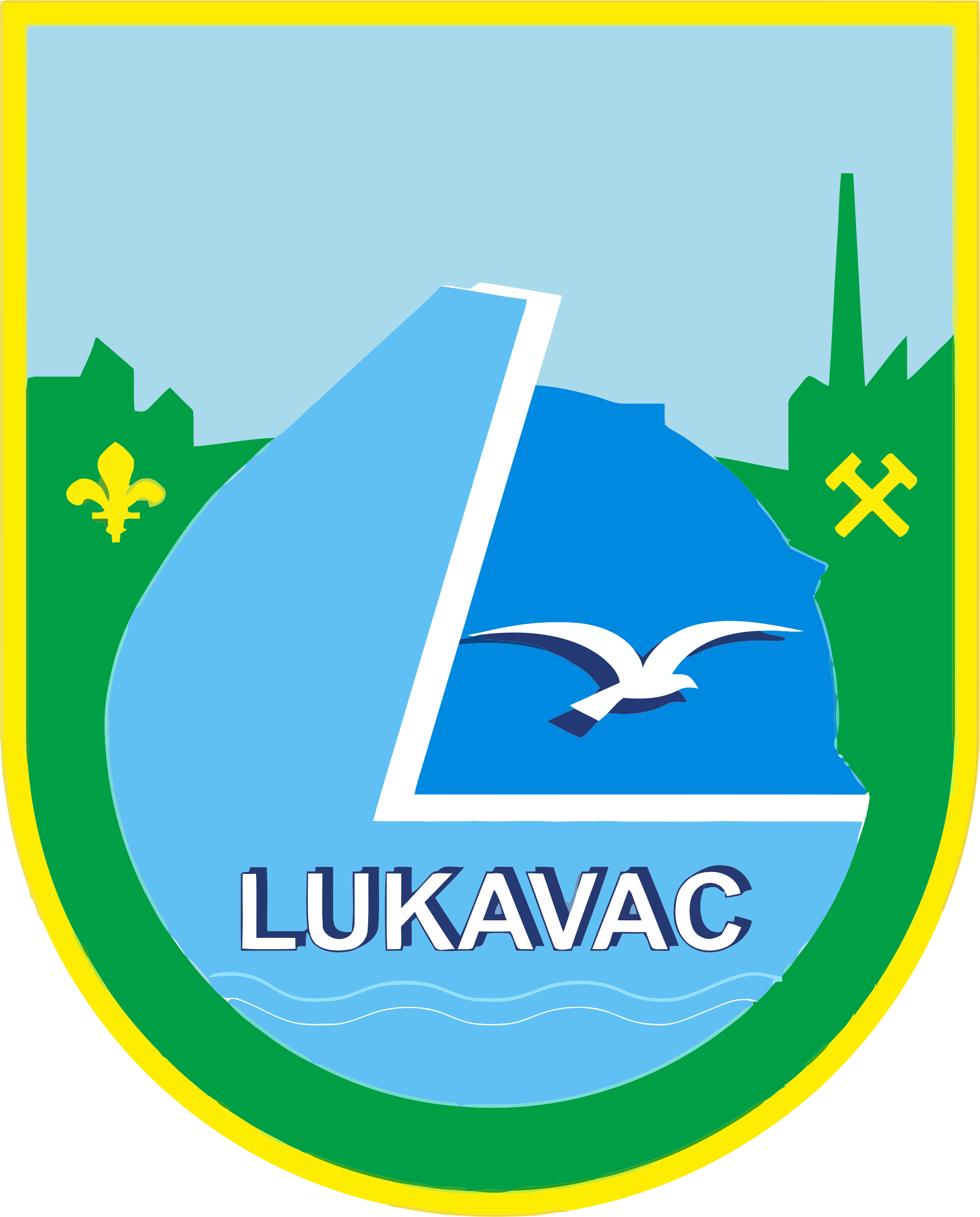 |
DECLARATION | WEBSITE |
| Maglaj municipality, Bosnia and Herzegovina | ||
|---|---|---|
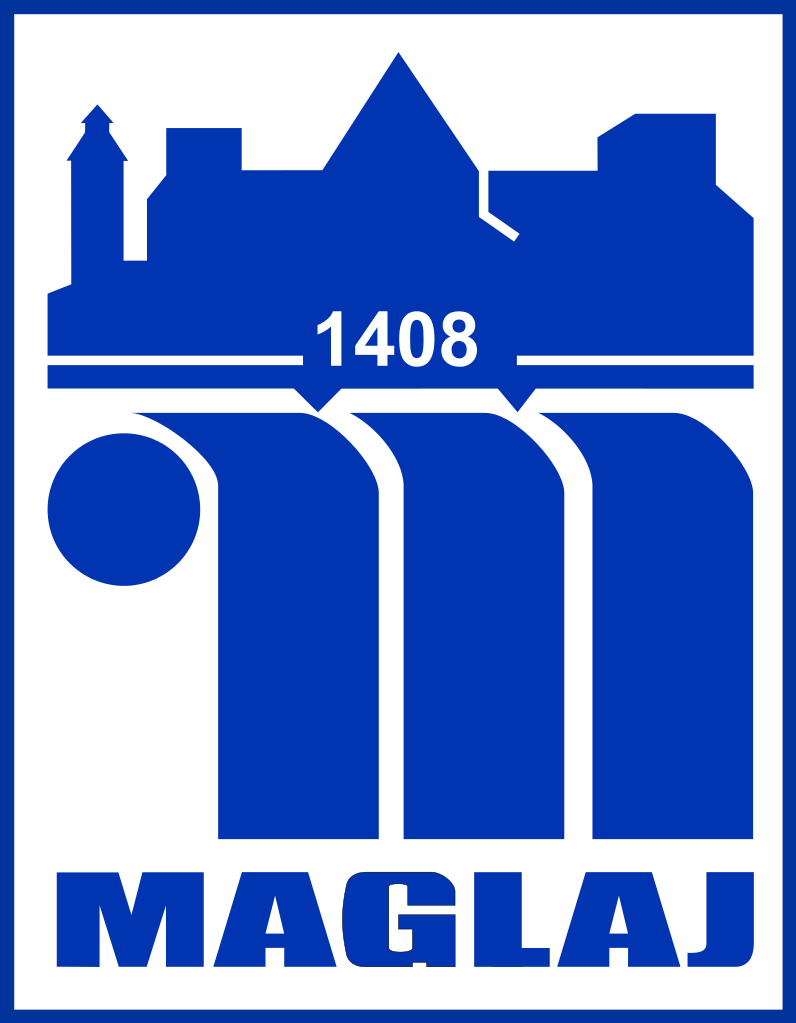 |
DECLARATION | WEBSITE |
| Živinice municipality, Bosnia and Herzegovina | ||
|---|---|---|
 |
DECLARATION | WEBSITE |
| Banovići municipality, Bosnia and Herzegovina | ||
|---|---|---|
 |
DECLARATION | WEBSITE |
| Bitola municipality, North Macedonia | ||
|---|---|---|
 |
DECLARATION | WEBSITE |
| Kakanj municipality, Bosnia and Herzegovina | ||
|---|---|---|
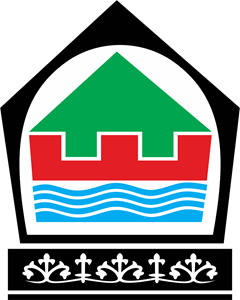 |
DECLARATION | WEBSITE |
| Pljevlja municipality, Montenegro | ||
|---|---|---|
 |
DECLARATION | WEBSITE |
| Korça municipality, Albania | ||
|---|---|---|
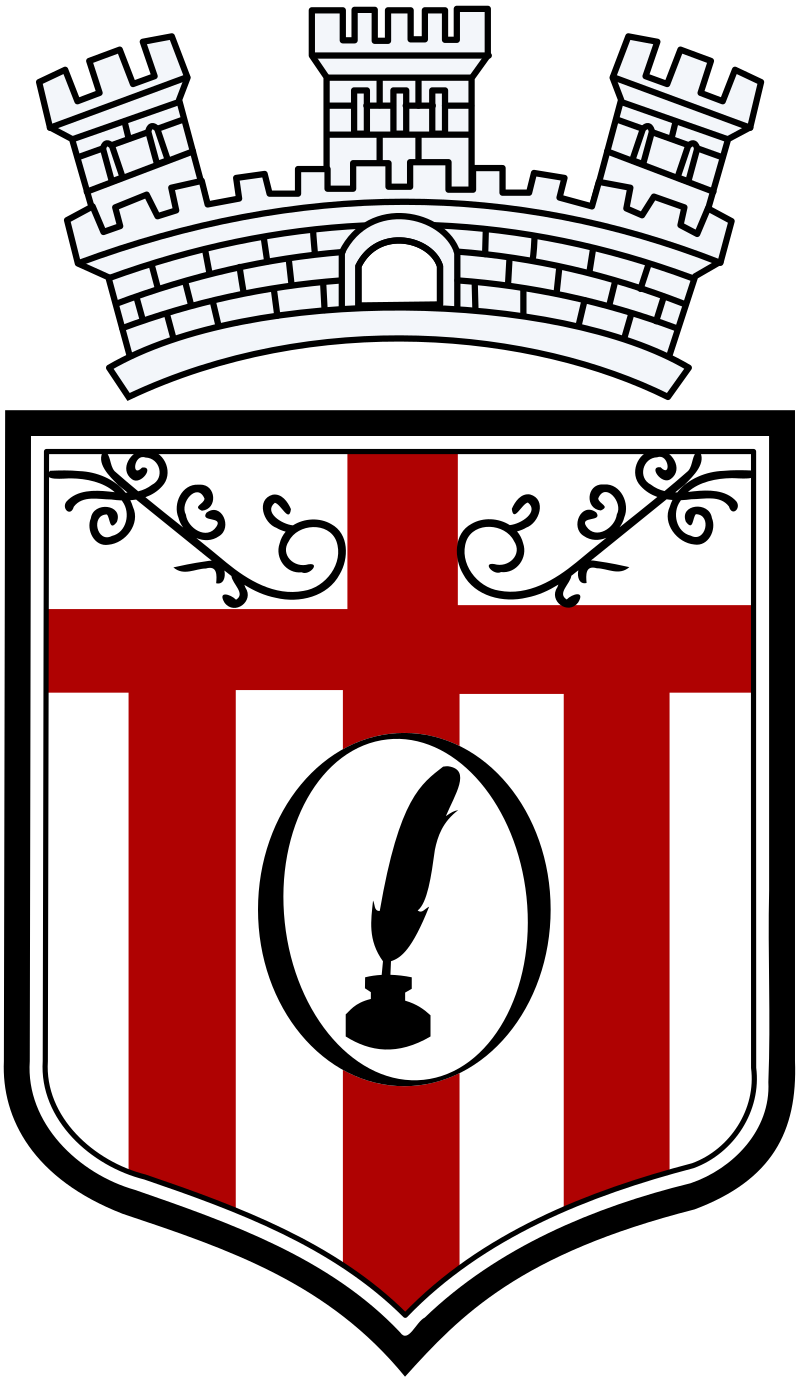 |
DECLARATION | WEBSITE |
| Novi Sad municipality, Serbia | ||
|---|---|---|
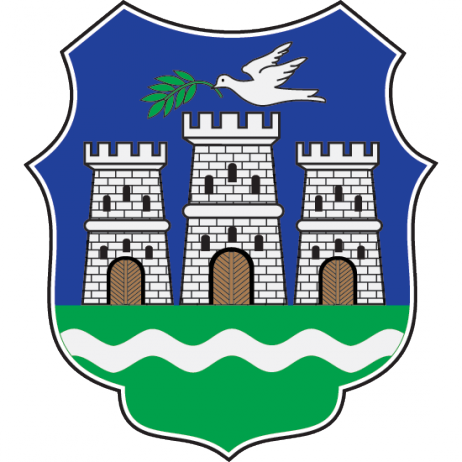 |
DECLARATION | WEBSITE |
| Tuzla municipality, Bosnia and Herzegovina | ||
|---|---|---|
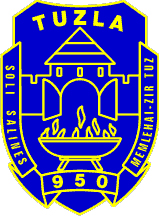 |
DECLARATION | WEBSITE |
| Niš municipality, Serbia | ||
|---|---|---|
 |
DECLARATION | WEBSITE |
| Podgorica municipality, Montenegro | ||
|---|---|---|
| DECLARATION | WEBSITE | |
| Pirot municipality, Serbia | |||
|---|---|---|---|
 |
DECLARATION | WEBSITE | |
Plans, actions and activities
-
Local Air Quality Plans
Supporting the preparation of Local Air Quality Plans (LAQPs)
To support the Initiative, the Secretariat produced a Local Air Quality Action Plans (LAQPs) template. The purpose of the LAQPs is:
- to identify the main pollution sources, as well as,
- to determine the possible measures and the zones to be addressed by them.
The participating municipalities of the CARI Initiative received technical support from the Secretariat and the Western Balkans Green Center (WBGC) both in the development and implementation phases of LAQPs.
The first Phase was kicked off with a Boot Camp, where participants came together to learn about the concept and practical details of air quality planning in September 2021. In the following, a series of webinars was organized by the Secretariat and the WBGC on different topics related to air quality management.
Filters:
Document Name Published on 01.08.2023- Phase II: Development of LAQPs and international exchange
The second phase: Development of LAQPs and international exchange
To bring tangible impacts and results, the next phase of the Initiative encompasses four key areas/factors:
- Access to information, with particular regard to accurate and reliable information on local air quality;
- Process this information for planning purposes;
- Design of measures and projects, with cost-effectiveness being the key;
- Matching projects with suitable financing.
The second phase: Work streams
In line with the above objectives, phase II is organized in two work streams targeting developments at local level and one work stream fostering regional and international exchange.
- Development of monitoring measures: targeting municipalities which developed air quality plans under the first phase and potential partners/donors;
- Strengthening the development of measures: targeting municipalities which developed air quality plans under the first phase;
- Matching measures and projects - Enabling framework and financing for measures: targeting donors/partners/investors;
- Strengthen regional and international exchange: targeting all participating municipalities.
- Phase I: Capacity building and findings
The first phase: Findings
The first year of the CARI focused on strengthening the capacity and knowledge related to air quality planning in the participating municipalities, with providing the necessary information and knowledge for air quality planning to local officials working on environmental issues.
The Secretariat's three key findings from phase I include:
- The effectiveness of the LAQPs efforts are limited by the personal knowledge and engagement level, the time and resources available as well as the priority setting at the level of the municipality.
- With few exceptions, the availability and quality of air quality data in the participating municipalities is generally weak, which affects the quality of analytical results.
- In certain cases (usually related to the larger municipalities such as Novi Sad, Niš or Podgorica), the availability of data is already satisfactory and there is a possibility to assist more with the planning / measures phases.
The first phase: Capacity building trainings
The first phase of the CARI focussed on the preparation of Local Air Quality Action Plans (LAQPs). The purpose of LAQPs is to identify the main pollution sources as well as the possible measures and the zones to be addressed by them. The participating municipalities received technical support from the Secretariat and the Western Balkans Green Center (WBGC) both related to the development and implementation of LAQPs.
- In September 2021, a Boot Camp was organized, where participants came together to learn about the concept and practical details of air quality planning.
- In 2021-2022, a series of webinars was organized by the Secretariat and the WBGC on different topics related to air quality management.
Seventh Clean Air Regions Initiative Training
Date Focus 17 MAR 2022
Smart solutions supporting air quality
Sixth Clean Air Regions Initiative Training
Date Focus 24 FEB 2022 District Heating and Air Quality Fifth Clean Air Regions Initiative Training
Date Focus 26 JAN 2022 Best practices for green economy development Fourth Clean Air Regions Initiative Training
Date Focus 16 DEC 2021 Geographic Information Systems (GIS) Third Clean Air Regions Initiative Training
Date Focus 23 NOV 2021 Air Quality Monitoring and best practices Second Clean Air Regions Initiative Training
Date Focus 28 OCT 2021 Importance of zoning in Air Quality Planning First Clean Air Regions Initiative Training
Date Focus 8 - 9 SEPT 2021 Introducing CARI; the concept of AQP, writing, adoption, implementation and showcasing best practices
